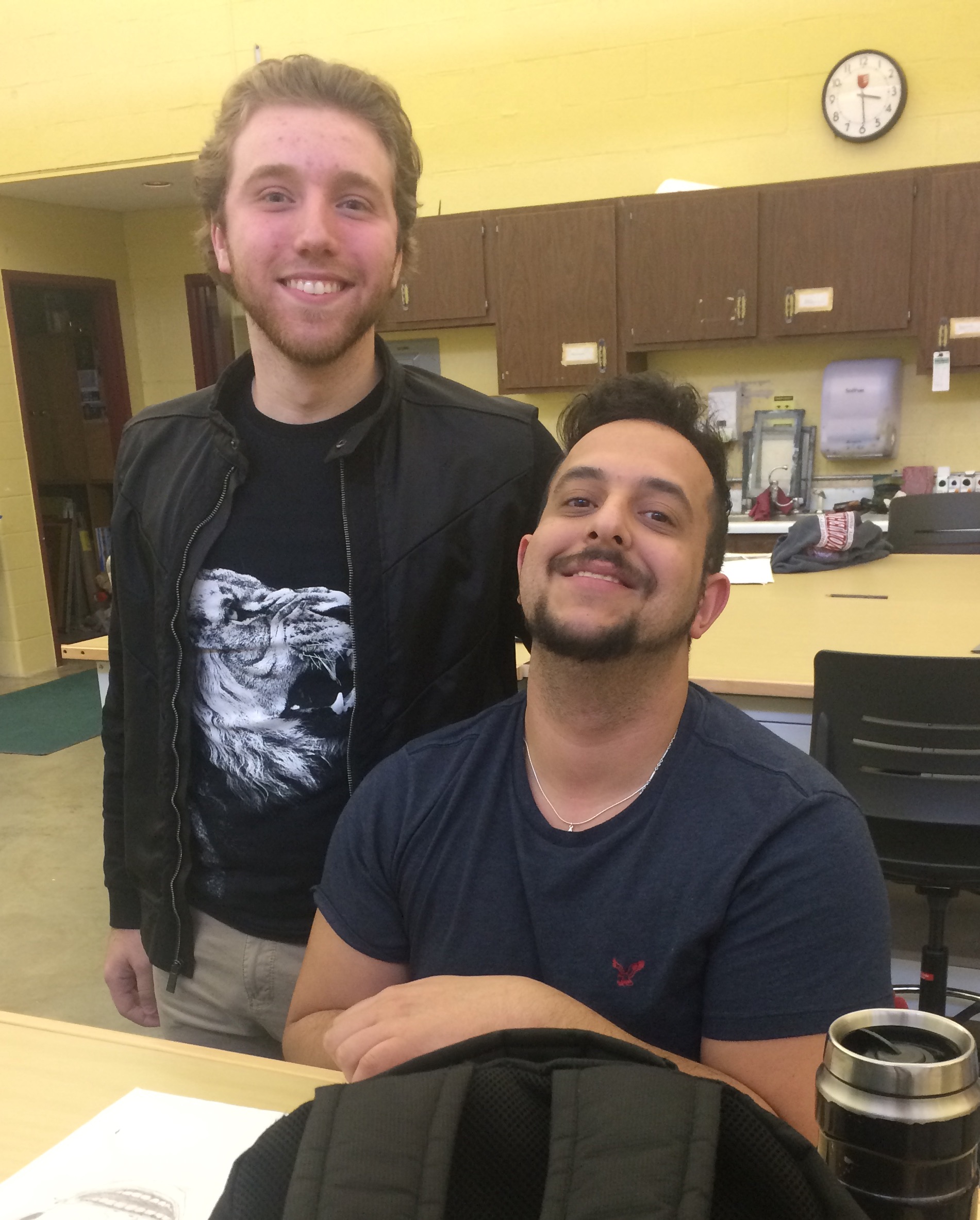Clubs on Campus: Part Two
If you’re interested in a particular activity, sport, or game, Grove City offers an abundance of campus-wide groups to get involved. With over 130 student organizations on campus, there are plenty of ways to join and meet great people in the process. Going off of my previous post on “Clubs on Campus Worth Trying,” here are some more student stories […]
Read more

